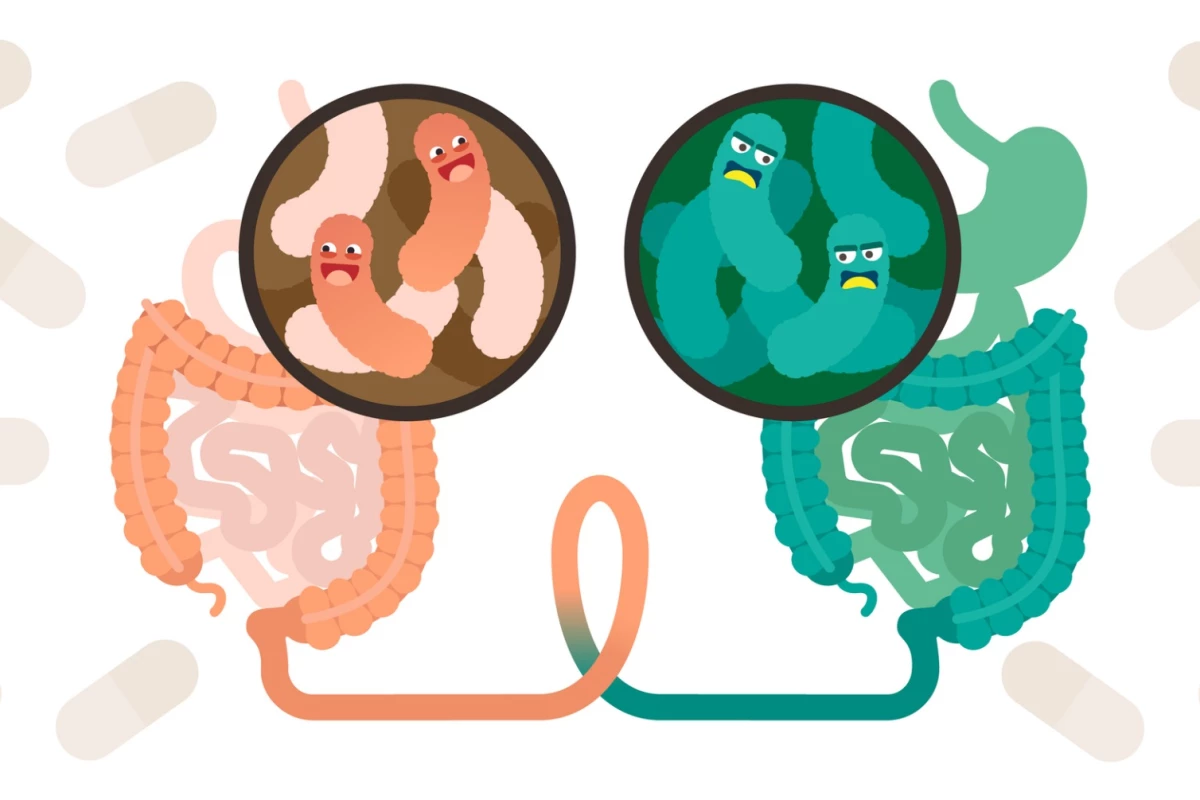Researchers from Brigham and Women's Hospital in Boston are reporting mixed results from the first human trial investigating the effects of fecal microbiota transplantation (FMT) to treat obesity. Initial reports suggest the treatment failed to induce weight loss or changes in a key satiety hormone, however, the researchers do point out overall microbiome alterations were identified in the FMT recipients.
Although fecal transplants as a medical tool are not a new idea, interest in the technique has surged over the past decade due to the boom in gut microbiome research. Scientists are currently exploring FMT as tool to treat everything from inflammatory bowel disease to autism.
Microbiome researchers have recently discovered the makeup of our gut bacterial population can fundamentally affect our metabolism. On top of that, several studies in mice have revealed fecal transplants between obese and lean animals can transfer those metabolic profiles, essentially turning fat mice thin and vice versa.
The results from the first randomized controlled human trial into FMT for obesity suggest modulating the microbiome of humans to treat obesity may be more complicated than researchers had hoped. This early pilot study involved 22 obese, but otherwise healthy, adult subjects. For 12 weeks half the patients received capsules with fecal samples from healthy lean subjects, while the other half consumed placebo capsules.
Alongside the primary measure of evaluating the safety profile of the treatment, the researchers were looking to see if the fecal transplant induced changes in a hormone called GLP1, involved in satiety. Unfortunately, after 12 weeks, no changes in GLP1 levels were identified and no changes in weight were recorded.
However, the researchers do note that some changes were identified in the treatment group at the end of the 12-week study. The overall microbial makeup of the treatment group did become more similar to that of the lean donors, and a specific decrease in a type of bile acid was particularly noted.
"The bile acid data is certainly intriguing and suggests that maybe there are one or more different pathways at play," says Jessica Allegretti, lead author on the new research. "Obesity is a very complex disorder, and a multifactorial process is probably at the heart of its development."
The full research is yet to be published, with these preliminary results being presented later this month at the Digestive Disease Week conference in San Diego. The researchers are remaining positive and say, at this stage, the results are just the beginning of further work to better understand how the microbiome can influence obesity.
"Our study adds an encouraging first step in trying to understand the role the gut microbiome is playing in metabolically healthy people with obesity," says Allegretti. "This will hopefully lend itself to more targeted therapies in the future."
The research will be presented at the upcoming Digestive Disease Week conference that will run from May 18 to 21.
Source: Digestive Disease Week




